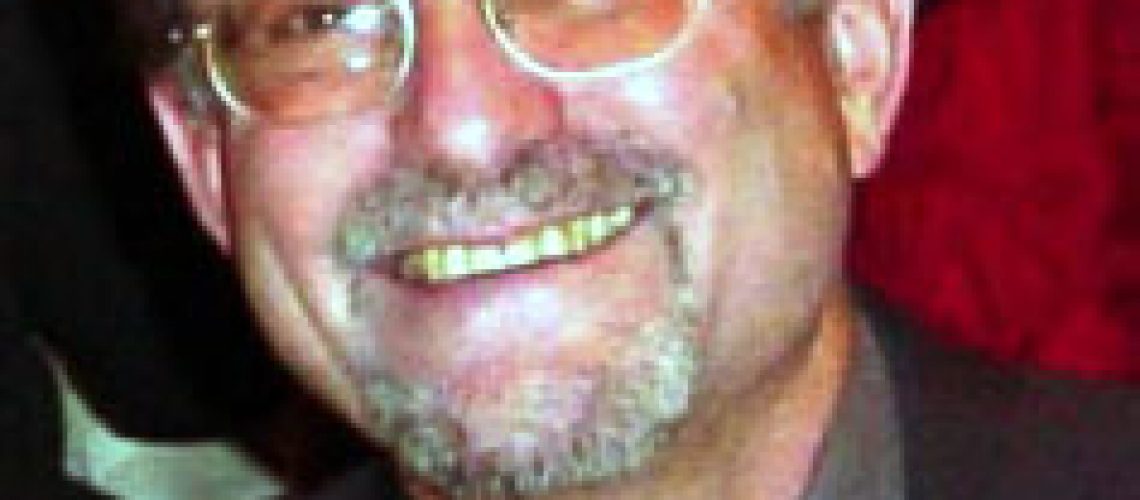 Israeli election fever is running high this week as the Knesset, led by Prime Minister Netanyahu, set new elections for January 22, 2013. Others have written at great length why Bibi decided to call for new elections almost a year early. Reasons include a desire for a new mandate as the U.S. elects their president, an inability to meet an end of year deadline for submitting a new budget and the need to build a broader coalition to face the threat of Iran.
Israeli election fever is running high this week as the Knesset, led by Prime Minister Netanyahu, set new elections for January 22, 2013. Others have written at great length why Bibi decided to call for new elections almost a year early. Reasons include a desire for a new mandate as the U.S. elects their president, an inability to meet an end of year deadline for submitting a new budget and the need to build a broader coalition to face the threat of Iran.
Looking at a broad collection of the current polls, the answer seems pretty simple. Across the board, the polls indicate that the Likud will be the largest party and the current right-wing coalition will gather between 64-66 mandates for a majority of the Knesset.
As the existing parties set their Knesset lists either through primaries or executive/rabbinic edict, there are some interesting developments to keep an eye on.
Kadima has almost completely self destructed, showing up in the polls at six to eight seats compared to their current 28. Some of these centrist votes are moving to the new “flavor of the month,’ former TV journalist Yair Lapid and his “Yesh Atid” party, which is polling in the 8-12 mandate range while others are moving back to Labor. The “centrist wild card ”chatter is about a possible re-emergence of Ehud Olmert and Tzipi Livni, leading a new centrist block which would include Kadima and Lapid. According to some polls, such a grouping, dubbed the “Super Party,” would outpoll the Likud. At this writing, it is still unclear, and I believe unlikely, that such a united entity will emerge.
The Labor Party, led by Shelly Yechimovich, consistently appears second in the polls, trailing the Likud anywhere from 4-10 seats. There are two very different developments that could improve the Labor Party’s prospects of emerging as the largest party, one external and one internal.
Former Shas party head Aryeh De’eri, rehabilitated after a stint in prison for embezzlement, is joining Eli Yishai as joint party leader. He used the traditional approach of threatening to run with a new party if he is not reinstated in Shas’s leadership. A recent polled carried out by the respected Mina Tzemach suggests that Shas led by De’eri would take four seats from the Likud, putting Labor ahead of Likud. In the past, the more moderate De’eri was very comfortable in Labor-led coalitions, as long he received the desired funding for his party’s educational and social welfare institutions. This could negatively impact Bibi’s firm hold on Shas.
Labor looks to double and perhaps triple their current eight members of Knesset and a number of publicly known figures have announced their interest in a position on the Labor list. Perhaps the most significant development are the candidacies of two of the most well known leaders of the social protest movement that brought hundreds of thousands of people, many of them young, into the streets during the summer of 2011. If Stav Shafir and Itzik Shmuly can translate their activism into a significant number of new, young Labor voters, it could impact the outcome of the election. But first they have to earn a realistic position on the party list in the upcoming primary election.
Stay tuned.

